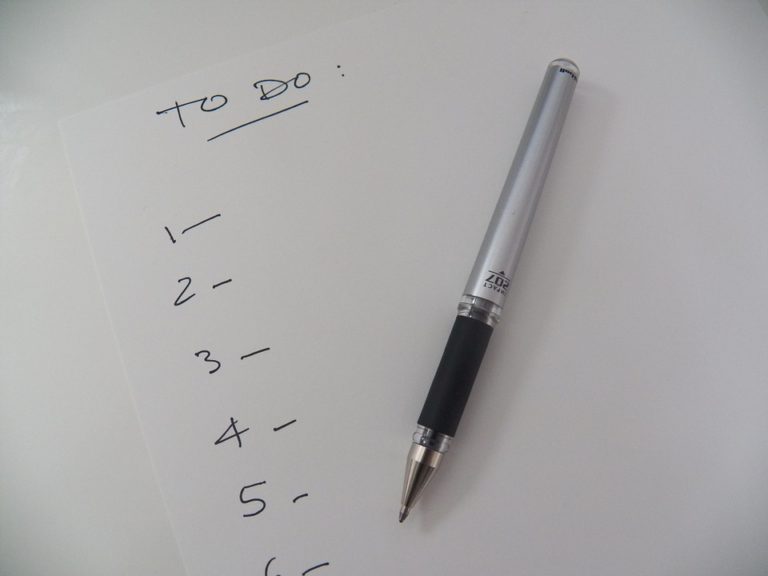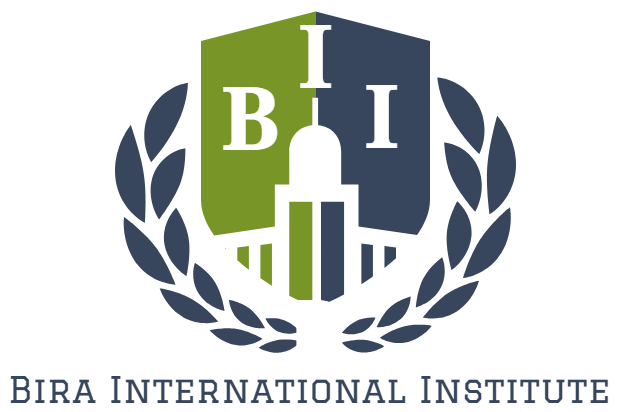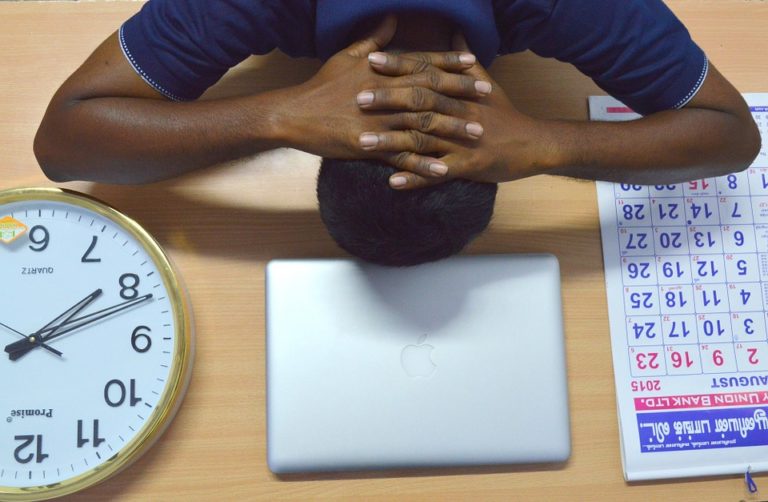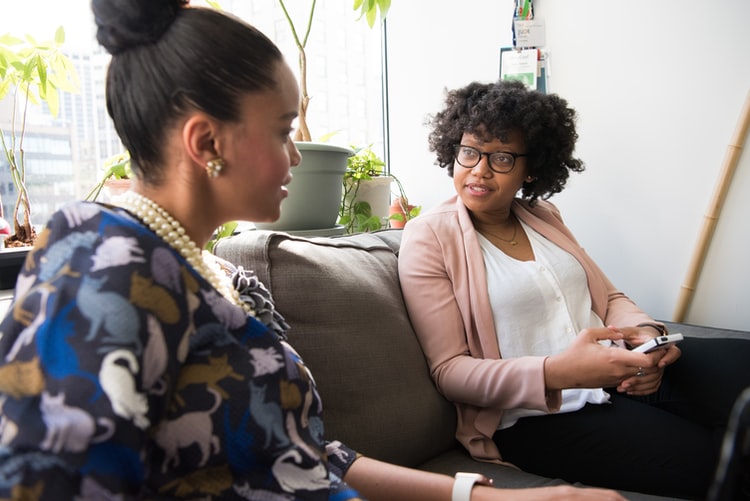Tips to stay productive when studying or working from home
Tips to stay productive when studying or working from home
Ever since the pandemic started, lots of companies required their employees to work from home. Schools are also not exempted as students take classes virtually. Work and study from home set-up are new for most of us. Some might find it hard to adjust since the boundary between work or school and personal lives may become blurry.
We rest and relax at home, but now, we also work or learn from home.
Here are some tips to help you stay productive when studying or working from home:
- Have a routine
You may follow the same work/school schedule you have when face-to-face meetings are still available. If you usually wake up at 6 am, then continue to do so. You may continue preparing your breakfast, washing, and drinking coffee before starting your work/study. If you stop working by 5 pm, then follow it. Turn off any work-related notifications. This will help you set a boundary between work/study and personal life and condition your brain to be productive during work/study hours.
Creating your to-do list will also help you stay on track. Identify the tasks that you need to prioritize first. Break big tasks into smaller tasks so that you will not be too overwhelmed. Make sure that the list is manageable and breaks are included. You may also maximize several digital tools to help you manage your schedule.

2. Have a designated workspace
You may find working or studying on bed comfortable, but you may find yourself too comfortable that you can no longer focus. Your brain may also associate bed with rest; thus, it will be harder for you to be productive.
Having a designated workspace allows you to concentrate more on the task at hand. Make sure that the space is noise-free and clutter-free to avoid any forms of distractions. Have a table and chair with proper lighting. Place all your needed materials on the desk or drawer beside you. Doing this will help you avoid wasting time by roaming around the house.
3. Remove distractions
Your phone notification, dogs, or neighbors may distract you from working or studying properly. You may also be tempted to watch a show instead of doing your task since no one will be watching you. Removing any forms of distractions will surely help you be productive.
4. Have a break
Taking a break makes our minds more effective. You may also follow the Pomodoro technique. This technique is done by selecting the desired task, then by setting a timer (the Pomodoro) for 25 minutes, working on the task until the timer rings, taking a short break (five minutes), repeating the process three times, and taking a longer break after finishing four Pomodoro.
You may stretch, walk or do something that will relax your mind during the breaks. It is important that we also move our body to avoid body strain from sitting all day. Several workout videos don’t require large spaces or equipment.

Forcing yourself to work continuously may be unhealthy and may cause you to burn out. You must find time to relax your mind and your eyes. Staring in front of your laptop for a long time may also cause you eye strain. You may follow the 20-20-20 rule to avoid this. In this rule, every 20 minutes of screen time, you should look at something 20 feet away from you for 20 seconds. By doing so, you are giving your eyes time to relax.
5. Listen to music
Listening to calming music may help remove stress. Just make sure that the music is not too distracting. You may search for study or work playlists on the web. There are tons of playlists that help aid concentration. You can also find playlists with sounds of nature. Listening to music can increase creativity, as well. Experiment with what type of music suits you the most.
6. Have time for socialization
We are all used to the workplace chat when things are not going so well or the discussions with classmates when lessons are hard. It is a huge adjustment for most; this is why having time to socialize is important. We are all created to commune with one another. It makes work or school challenges easier to carry when we have friends around us. You can still catch up with your loved ones through chat and video call. However, make sure that socialization will not cause you or the other person any work or study distraction.
7. Reward yourself
You may reward yourself after finishing a certain task. You may buy the food that you are really craving or checked out the shoes you’ve wanted ever since. A reward can help you feel good and encourage you to be more productive.
Conclusion
There are absolutely new things in this “new normal” that we have now. We are now out of our comfort zones, and no one knows how long we will stay in this kind of set-up. The best thing we can do now is to adapt and take care of ourselves.








